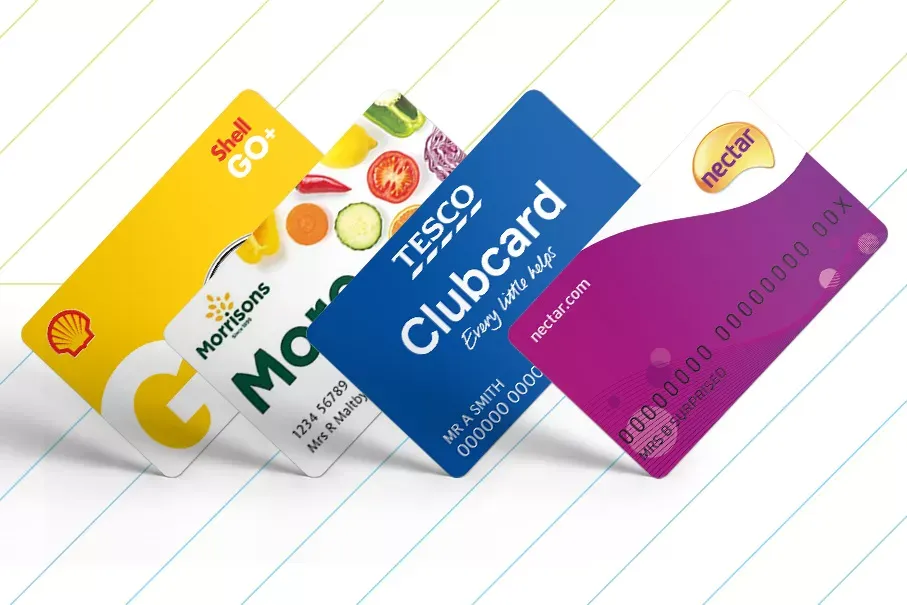
Keeping traffic running smoothly and safely on motorways, carriageways and lanes is always a priority for updates to road rules. Here are some of the latest that have or will be introduced this year.
Highway Code updates
There have been several changes to the Highway Code to help protect more vulnerable road users such as cyclists, pedestrians and horse riders from vehicles they share the road with. These changes include:
- Giving cyclists, horse riders, pedestrians and scooters right of way priority at junctions when they’re ready or preparing to cross.
- Complete priority to pedestrians at zebra crossings, meaning that all cyclists, horse riders and motorists must stop.
- Requiring cyclists to ride half a metre from the verge or kerb and pull to the left for safer overtaking.
- Requiring motorists to pass cyclists with at least 1.5 metres up to 30mph or more at higher speeds and consider them with the same rights as another vehicle i.e. no cutting across them at a turn.
- Advocating drivers and passengers to use the ‘Dutch Reach’ method for opening a door. This involves using the hand furthest away from the door to open it and encourages people to look over their shoulders and be mindful of cyclists.
Stricter mobile phone rules
Since 2003 using a mobile to text or call has been banned. Now, the Highway Code has been updated to stop drivers from using their mobile for any reason, even if their car isn’t moving. The only time mobiles can be used is to make hands-free calls, pay at tolls or booths and use a sat nav tool, but the phone must be securely fixed in place. Drivers that are caught using their phones when they shouldn’t be could receive a fine of £200 and six points on their license.
Pavement parking bans
To make sure pedestrians, particularly the elderly, children or the disabled, have clear access to walkways, a ban on parking on pavements is being considered by the Department of Transport this year. Already illegal in some parts of the UK, a £70 fine for pavement parking could soon be rolled out nationwide and is set to be introduced across Scotland in 2023.
Car speed limiters
An agreement made by the European Commission means that any new cars created from 6th July 2022 will be fitted with a speed limiter safety device. This preempts the introduction of Intelligent Speed Assist (ISA) technology in all cars by 7th July 2024 and is an attempt to reduce the number of lives lost by speeding accidents.
These technologies use GPS data or traffic sign recognition cameras to set the maximum speed drivers can reach. The system then alerts the driver if they go over this limit, before reducing the engine power if they don’t respond after a certain time. However, this can be overridden in certain circumstances, such as if the driver is overtaking.
Changes to towing rules
As of December 2021, any drivers that have passed their test since 1 January 1997 can now tow trailers up to 3,500kg (including the weight of the trailer) without having to take an extra test. This opens up the potential for more drivers to take HGV tests.
Councils can issue fines
Drivers that make poor decisions can now be fined by local authorities as well as the police. These councils can fine drivers up to £70 for minor traffic offences including:
- Sitting on the yellow hatched lines within box junctions.
- Driving the wrong way up a street.
- Failing to give way to oncoming traffic.
- Doing a U-turn in a restricted area.


